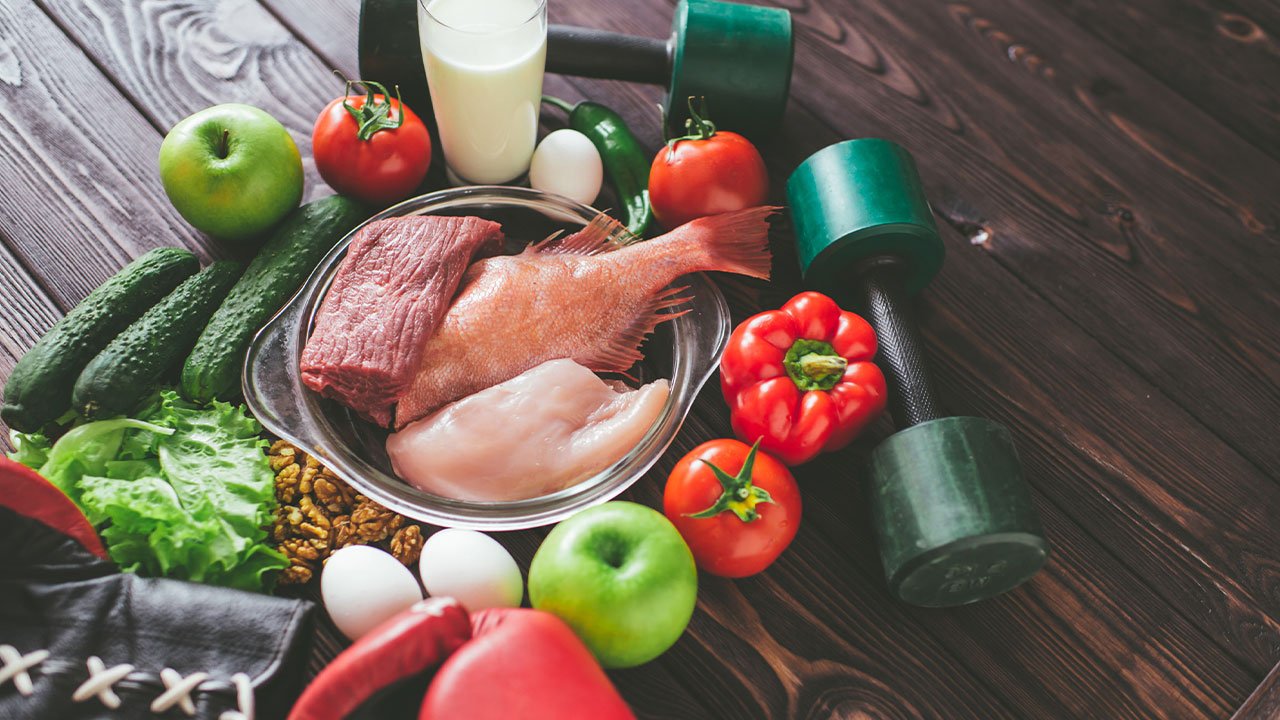Improving your sports nutrition is vital for enhancing your performance and overall health. Whether you are a professional athlete or just enjoy playing sports for fun, what you eat plays a crucial role in how well you perform. Proper nutrition can help you recover faster, boost your energy levels, and improve your endurance. Here are several effective strategies to enhance your sports nutrition.
1. Understand Your Nutritional Needs
The first step in improving your sports nutrition is to understand your specific dietary needs. Different sports require different types of fuel. For instance, endurance athletes may need more carbohydrates for energy, while strength athletes might focus more on protein to build and repair muscles. Tailoring your diet to fit the demands of your sport is essential for optimal performance.

2. Focus on Whole Foods
Eating whole foods is one of the best ways to enhance your nutrition. Whole foods include fruits, vegetables, whole grains, lean proteins, and healthy fats. These foods provide essential nutrients that your body needs to perform at its best. They also contain fewer additives and preservatives compared to processed foods. By incorporating more whole foods into your diet, you will improve your overall health and energy levels, supporting your athletic performance.
3. Prioritize Hydration
Staying hydrated is critical when improving your sports nutrition. Water is essential for regulating body temperature, transporting nutrients, and maintaining energy levels. Make sure to drink plenty of water throughout the day, especially before, during, and after exercise. If you’re engaging in prolonged or intense activities, consider electrolyte drinks to replenish lost minerals. Hydration can significantly impact your performance and recovery, so prioritize it in your nutrition plan.
4. Time Your Meals and Snacks
The timing of your meals can also influence your performance. Eating a balanced meal a few hours before your workout can provide you with the necessary energy. Additionally, consuming a snack rich in carbohydrates and protein after exercise aids recovery by replenishing glycogen stores and repairing muscle. Experimenting with meal timing can help you find what works best for your body and activity level.
5. Incorporate Variety in Your Diet
To improve your sports nutrition, it’s essential to include a variety of foods in your meals. Different foods offer unique vitamins and minerals, which contribute to your overall health and performance. Aim for a colorful plate by including various fruits and vegetables. This variety ensures you get a wide range of nutrients, which is crucial for maintaining energy levels and supporting your immune system.
6. Consider Supplements Wisely
While whole foods should be your primary source of nutrition, some athletes may benefit from supplements. If you find it challenging to meet your nutritional needs through food alone, consider supplements like protein powder, omega-3 fatty acids, or multivitamins. However, it’s crucial to consult with a healthcare professional or a registered dietitian before adding any supplements to your routine to ensure they are appropriate for your needs.
7. Listen to Your Body
One of the best ways to improve your sports nutrition is to listen to your body. Everyone’s nutritional needs are different, and it’s essential to pay attention to how food affects your performance and recovery. If you feel sluggish after certain meals, consider adjusting your diet. Staying attuned to your body’s signals will help you make informed decisions about your nutrition.
8. Plan Your Meals Ahead
Planning your meals in advance can significantly improve your sports nutrition. By preparing meals and snacks ahead of time, you can ensure that you have healthy options readily available. This practice helps you avoid the temptation of unhealthy snacks and ensures you’re fueling your body correctly. Meal planning can also save you time during busy weeks and help you stay consistent with your nutrition goals.
9. Monitor Your Progress
Tracking your food intake and performance can be beneficial when improving your sports nutrition. Keeping a food diary or using nutrition apps can help you identify patterns in your eating habits and how they correlate with your athletic performance. By monitoring your progress, you can make necessary adjustments to your diet to ensure you are getting the best possible fuel for your body.
10. Seek Professional Guidance
If you are serious about improving your sports nutrition, consider seeking help from a registered dietitian or sports nutritionist. These professionals can provide personalized guidance based on your specific needs, goals, and activity level. They can help you create a tailored nutrition plan that aligns with your training and performance objectives.
Conclusion
In conclusion, improving your sports nutrition involves understanding your unique needs, focusing on whole foods, staying hydrated, and timing your meals correctly. By incorporating variety into your diet, listening to your body, and planning ahead, you can enhance your athletic performance and overall health. Remember, the right nutrition is a key factor in reaching your full potential in sports.




